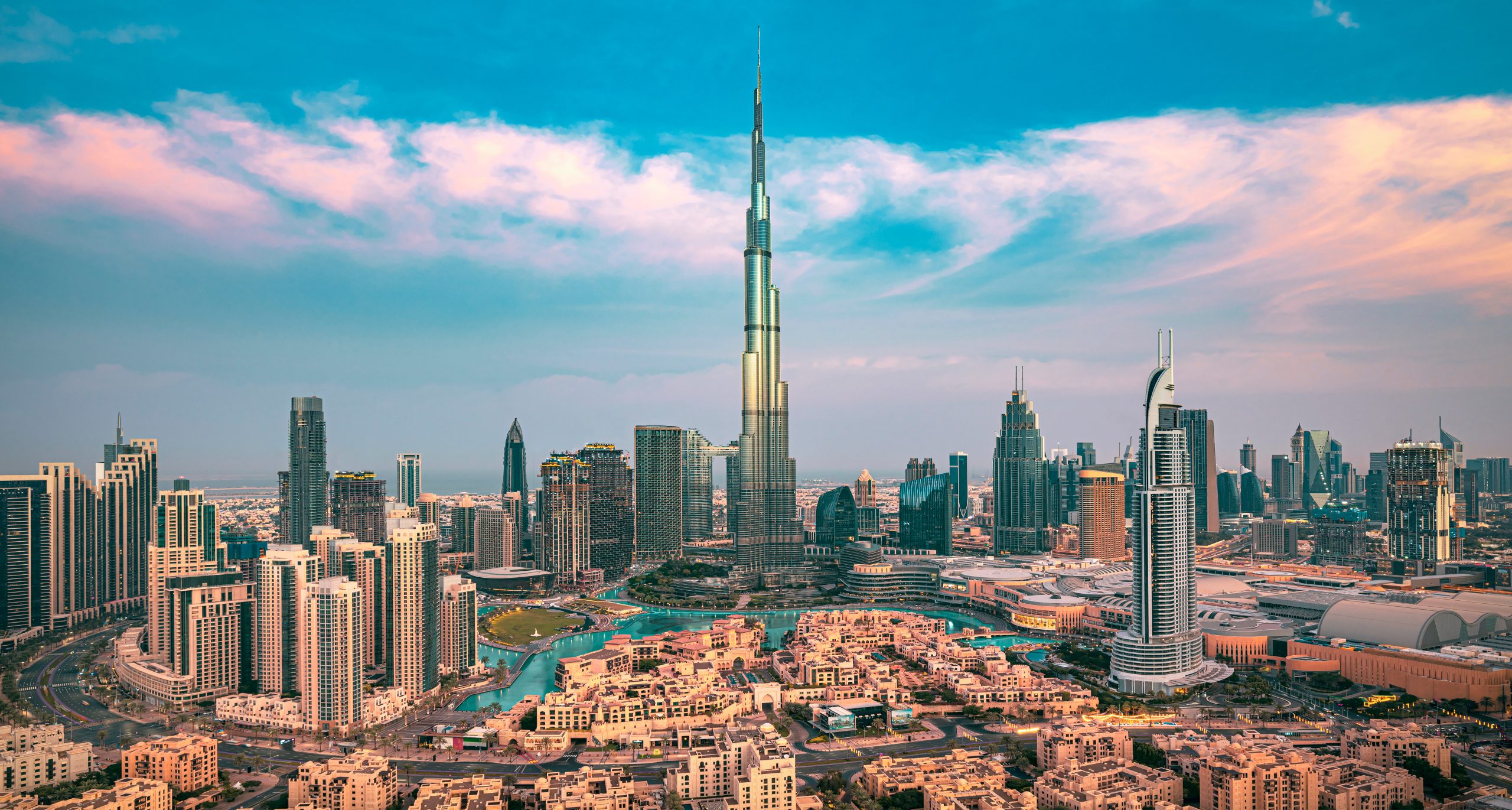UAE Real Estate Market Shows Robust Growth in Q2 2024

Dubai continues to lead the real estate sector with an impressive array of new projects and significant investment inflows. The emirate witnessed over 35,300 transactions in Q2, reflecting a 21% surge in property prices. This growth was fueled by a 23.9% increase in off-plan property transactions and a 15.2% rise in secondary market transactions. Overall, residential property values rose by 20.7%, affirming Dubai’s status as a prime global destination for real estate investment.
Abu Dhabi also experienced growth, with villa prices increasing by 2.3% and apartment prices by 4.3%. The commercial real estate sector in Dubai saw average rents climb by 22.2% annually, while the industrial sector recorded a 14.3% rise in warehouse and storage space rental rates. This surge is attributed to the expanding needs of businesses and the UAE’s thriving economy.
Sharjah and Ras Al Khaimah have also contributed to the sector's growth. Sharjah launched seven new projects covering 16.2 million square meters, leading to property transactions worth AED 18.2 billion and a 35.6% year-on-year growth. Ras Al Khaimah saw the launch of four new projects, further boosting the market.
The hospitality and retail sectors demonstrated resilience, with retail rental rates in Abu Dhabi and Dubai increasing by 14.7% and 10.5%, respectively. Despite high visitor numbers, the hospitality sector maintained an average occupancy rate increase of 0.9%.
The UAE government and private sector's commitment to launching large-scale real estate and infrastructure projects signals a continued positive trajectory for the market. Over 6,600 new residential units were completed in Dubai in the first half of 2024, with an additional 20,000 units expected by the end of the year. These developments are part of the broader strategy to accommodate growing demand and attract international investors.
Primo Capital's analysts predict sustained growth in the UAE real estate market, driven by favorable economic conditions, high returns on investment, and supportive government policies. The shift towards customer-centric construction, allowing buyers to customize properties, is also seen as a key trend attracting more investors to the region.
Overall, the UAE real estate market in Q2 2024 has showcased remarkable resilience and growth, positioning it as a lucrative sector for both local and international investors. With ongoing projects and strong economic fundamentals, the market is expected to maintain its upward momentum in the coming months.

Join the conversation